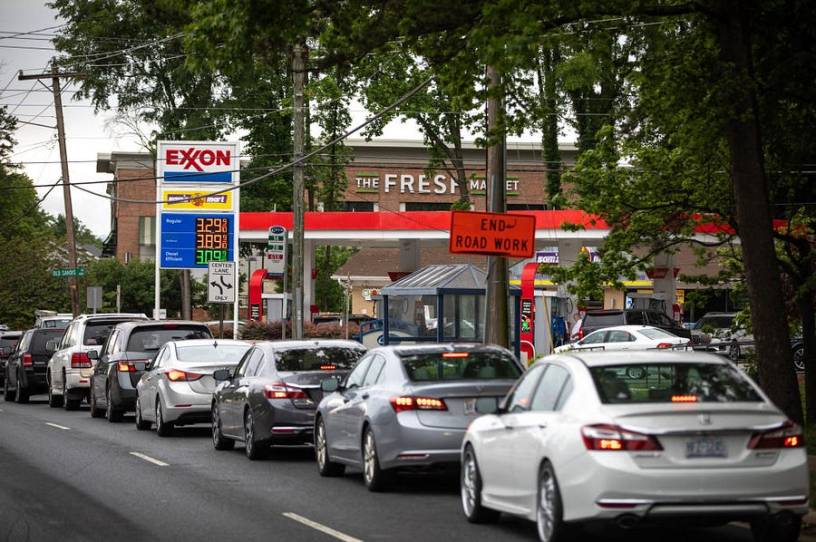Why Shoot the Messenger?

Dear Capitolisters,
Recent events have me thinking (as one does) about prices—or, more accurately, how seemingly no one in politics knows what they are. Just last week, for example, Jones Act lobbyists who opposed a waiver for that BP diesel tanker we discussed simultaneously claimed that there was no fuel supply problem in Puerto Rico, and that BP was charging “premium” prices there because of Hurricane Fiona. The same day, Florida officials took to the airwaves to warn against “price gouging” before Hurricane Ian made landfall, and President Biden warned oil and gas companies not to raise prices too.
Getting politicians to grok prices has always been a problem, especially in emergencies, but things seem to have deteriorated recently, as the pandemic took hold and inflation reappeared. Now, high prices are a constant political target, price control proposals that we thought had been consigned to the Policy History Dustbin are popping up everywhere, and articles in several major media outlets have gushed about how, actually, price controls worked in the past and can work once again today.
As you can imagine, this turn of events has frustrated and dismayed your humble correspondent, but it hasn’t surprised me: Politicians have a long history of shooting the messenger—almost as long as price controls themselves.